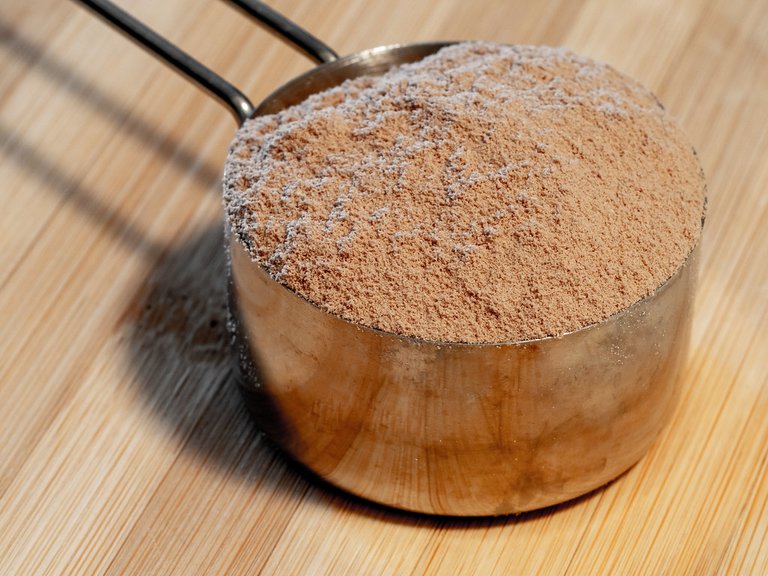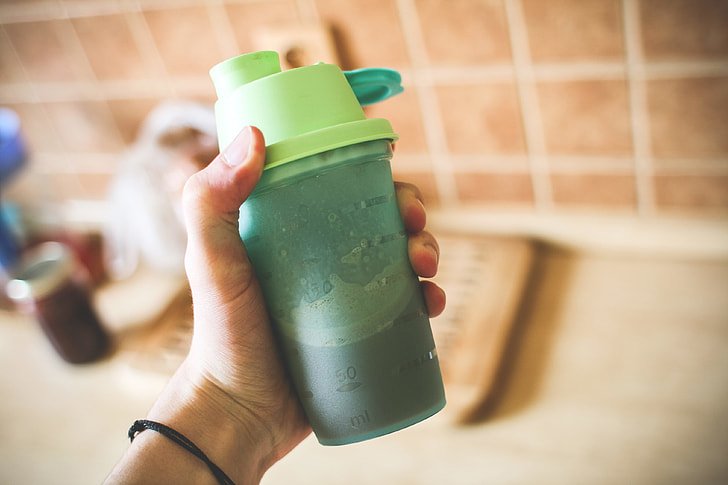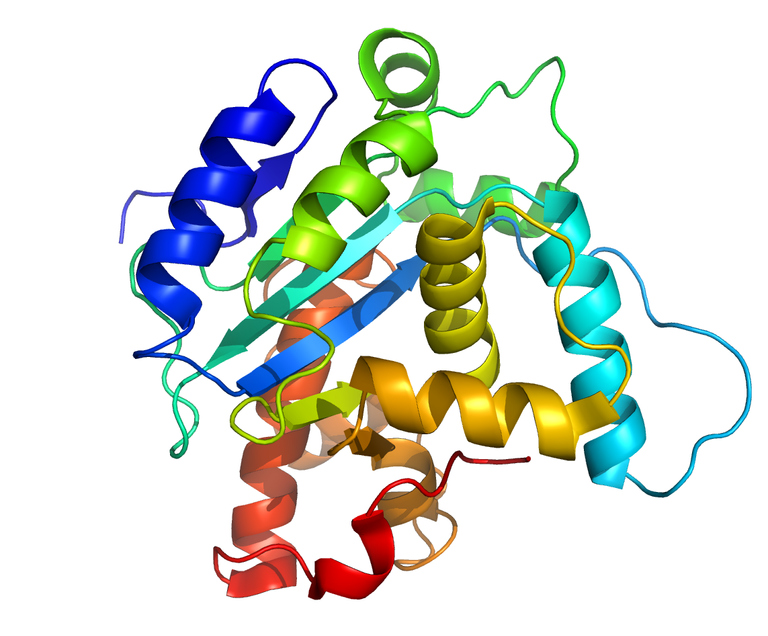Protein Intake: The Complexities and Finding Balance for Optimal Health
Embarking on the protein journey, we delve into its necessity, its historical context, and the fine line between sufficiency and excess. Protein, an essential dietary component, is omnipresent in our quest for a healthy lifestyle. Let's unravel the protein saga, exploring its roots, the role of amino acids, and the potential pitfalls when abundance turns into a health hazard.
Th story of looking into proteins started in the 19th century with Vilhjalmur Stefansson sailing to Iceland where he observed that people who lived there fed more on meat and were very healthy but when people in North America switched to eating meat-based diet heavily, they would often become sick as they will experience Nausea and an overwhelming cravings to eat. While both populations consumed meat-based food, the difference was the type of animals they consumed.
In the 19th century, Gerardus Mulder examined different organic substances such as egg, glutten, and fibrin and noticed that they all contained a nitrogenous component which he referred to as protein. Since that time, millions of proteins have been identified, as proteins can have different shapes, sizes, and functions but are all made of the same building blocks known as amino acids which form chains to make the proteins.
When we ingest proteins, our bodies break them down into amino acids, constructing the proteins vital for health and immune support. Essential amino acids, identified in the 1940s, are crucial for well-being. A combination of nine amino acids was found to alleviate fatigue, irritability, and appetite issues. These became known as essential amino acids, with our bodies producing around 11 amino acids independently.
To identify this, scientists prepared diets containing fat, oil, vitamins and sugar, and asked volunteers to eat these diets. Soon these volunteers experienced fatigue, irritability, failure in appetite among other symptoms within 8 days. Scientist then realized that a combination of 9 different types of amino acids caused these individuals to be better, removing the symptoms. These amino acids are Histidine, Isoleucine, Leucine, Lysine, Methionine, Phenylalanine, Threonine, Tryptophan, and Valine and referred to them as essential amino acids.
Despite the controversies surrounding fat and carbs, protein has retained its status as a health icon. In the 1950s, protein supplements gained popularity, initially among fitness enthusiasts and later embraced by mainstream culture. The food industry, in turn, jumped on the bandwagon, slapping "high in protein" labels on countless products, even dubbing some "protein water." (haha).
There have been cases of people using protein supplements and having issues, so can we say that it is protein or something else is wrong. There was a case of a lady who took dry protein pre-workout supplements without mixing in water. After taking the scoops she started to feel itchy but ignored the symptoms. Later she began to feel her chest hurt but ignored it. It began to increase to nausea and arm pain. She was diagnosed with a heart attack. While it might look like the protein in the pre-workout formula was the problem, the formula also had caffeine which was ingested in a large amount. At the hospital, she was diagnosed with a heart attack.
There are cases where protein intake in excess can be bad. A case study is one of a person who ingested lots of protein formula, only to be rushed to the hospital when she became unconscious. At the hospital, it was visible that she had a large amount of ammonia in her system and this led to brain function deterioration. Ammonia is produced when the body breaks down protein and normally, this isn't a problem or shouldn't be a problem as ammonia is broken down to urea in the liver which is excreted in through urine. But in people who suffer from Urea cycle disorder, it can be a problem as changes in DNA sequence prevents prevents the conversion of Ammionia to Urea thereby leading to excessive Ammonia in the body.
People with kidney diseases can also have issues excreting urea in urine, and this can be dangerous to their health. While protein doesn't have much negative effect on the body, having genetic conditions or certain diseases can make it dangerous to consume. This said, what is the appropriate amount of protein to be taken daily?
Carl Von Voit in 1877 mentioned that men with a body weight of 79kg should consume up to 118g of protein per day but then, scientists at Yale say that 62 grams of protein is enough for a person of 174 pounds. Currently the FAO committee on protein requirement says that 0.83g of protein per Kg or 0.37g of protein per pounds should be consumed daily. While consuming protein isn't going to cause any form of harm unless in the cases I mention, it is important to know that taking excess of it would not make changes because at a point the protein being consumed would not have any beneficial effect anymore.
In our pursuit of a balanced and healthy lifestyle, it is good to understand that protein intake is paramount. While protein is a crucial component of our diet, excessive consumption can lead to unforeseen health risks and striking the right balance, considering individual health conditions, and heeding expert recommendations ensures that protein remains a powerful ally on our journey to well-being.
Read More
https://www.ncbi.nlm.nih.gov/books/NBK234922/
https://nobleorigins.com/blogs/articles
https://www.newscientist.com/article
https://www.ncbi.nlm.nih.gov/books/NBK224619/
https://www.tabledebates.org/blog/
https://medium.com/startoday/
https://www.ncbi.nlm.nih.gov/books/NBK557845/
https://unesdoc.unesco.org/ark:/48223/pf0000120706
https://www.poison.org/articles/dry-scooping-can-be-life-threatening
https://journals.sagepub.com/doi/pdf/10.1177/000456327701400128
https://www.ncbi.nlm.nih.gov/pmc/articles/PMC4407289/
https://pubmed.ncbi.nlm.nih.gov/18074324/
https://fortune.com/well/2022/09/26/



Thanks for your contribution to the STEMsocial community. Feel free to join us on discord to get to know the rest of us!
Please consider delegating to the @stemsocial account (85% of the curation rewards are returned).
Thanks for including @stemsocial as a beneficiary, which gives you stronger support.